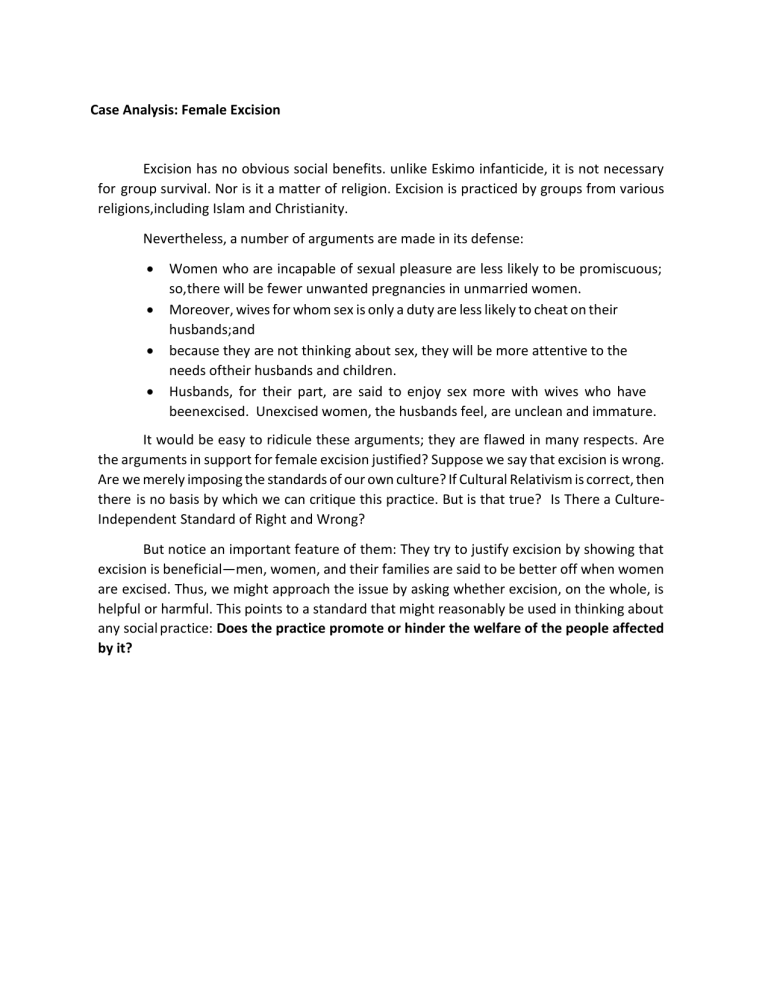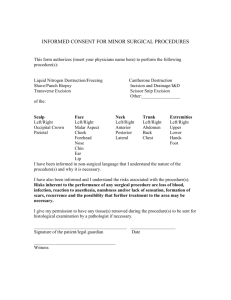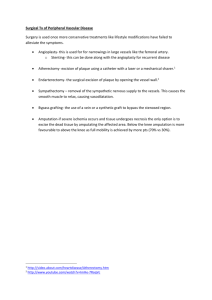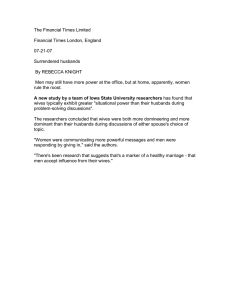
Case Analysis: Female Excision Excision has no obvious social benefits. unlike Eskimo infanticide, it is not necessary for group survival. Nor is it a matter of religion. Excision is practiced by groups from various religions,including Islam and Christianity. Nevertheless, a number of arguments are made in its defense: Women who are incapable of sexual pleasure are less likely to be promiscuous; so,there will be fewer unwanted pregnancies in unmarried women. Moreover, wives for whom sex is only a duty are less likely to cheat on their husbands;and because they are not thinking about sex, they will be more attentive to the needs oftheir husbands and children. Husbands, for their part, are said to enjoy sex more with wives who have beenexcised. Unexcised women, the husbands feel, are unclean and immature. It would be easy to ridicule these arguments; they are flawed in many respects. Are the arguments in support for female excision justified? Suppose we say that excision is wrong. Are we merely imposing the standards of our own culture? If Cultural Relativism is correct, then there is no basis by which we can critique this practice. But is that true? Is There a CultureIndependent Standard of Right and Wrong? But notice an important feature of them: They try to justify excision by showing that excision is beneficial—men, women, and their families are said to be better off when women are excised. Thus, we might approach the issue by asking whether excision, on the whole, is helpful or harmful. This points to a standard that might reasonably be used in thinking about any social practice: Does the practice promote or hinder the welfare of the people affected by it?









